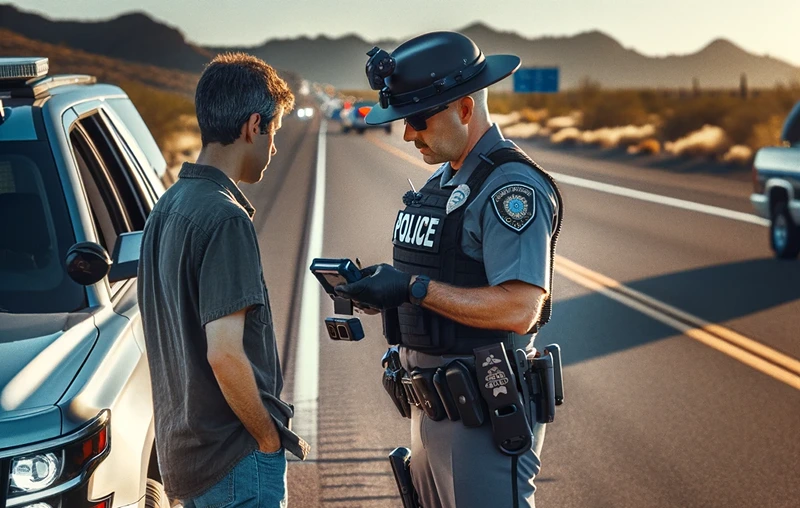
Investigative Article
Uncovering the Truth: How Police Body Camera Footage is Used in a DUI Case
Picture this: it's a Saturday night and you're out with friends, enjoying a few drinks. You feel fine to drive, but unfortunately, you get pulled over by the police for swerving. Before you know it, you're being asked to step out of your car and perform a field sobriety test, which you don't do well on. The police then pull out their body cameras, recording the rest of your encounter with them.
You may wonder, could this footage be used against you in your DUI case? The answer is yes, it could. Police body camera footage has become an increasingly important piece of evidence in many court cases, including DUI cases. However, its admissibility is not always guaranteed. Defense attorneys have the opportunity to challenge the footage on several grounds. In this investigative article, we will delve into how police body camera footage is used in a DUI case and the potential challenges regarding its admissibility.
The Importance of Police Body Camera Footage in a DUI Case
Police body camera footage provides an unbiased and objective view of a DUI stop. It allows judges and jurors to see exactly what happened during the encounter between the police and the defendant. It captures important details that may not be included in an officer's report, such as physical symptoms that could indicate intoxication or slurred speech. It also provides a clear view of the field sobriety test and the defendant's performance on it. In short, body camera footage can be critical evidence in a DUI case.
Challenging Body Camera Footage in a DUI Case
While body camera footage can be important evidence, its admissibility is not automatic. Defense attorneys have the opportunity to challenge the footage on several grounds:
Relevance
The footage must be relevant to the case. If the footage does not show anything related to the DUI stop, it may not be admissible.
Manner in which it was obtained
The police must follow proper protocol when obtaining body camera footage. If they do not follow proper procedures, the footage may not be admissible.
Integrity
The defense may question the integrity of the footage. For example, they may argue that the footage was edited or altered in some way.
Chain of custody
In order for evidence to be admissible, there must be an unbroken chain of custody. The defense may question whether the body camera footage has been tampered with or altered in any way during the time it was in police custody.
Officer's memory
The officer's report of the encounter may not match the footage. The defense may question the officer's recollection of the event and suggest that their memory is flawed.
Constitutionality
In some cases, the use of body cameras may be found unconstitutional. The defense may argue that the use of body cameras violates their Fourth Amendment rights to be free from unreasonable searches and seizures.
Chain of custody
It is important to note that even if the footage is admissible, it may not necessarily be a slam dunk for the prosecution. The defense may argue that the footage does not actually show signs of intoxication or that the field sobriety test was not administered properly.
In Conclusion
Body camera footage has become an increasingly important piece of evidence in many court cases, including DUI cases. It provides an unbiased and objective view of the encounter between the police and the defendant. However, its admissibility is not always guaranteed, and defense attorneys have the opportunity to challenge the footage on several grounds. If you or someone you know is facing a DUI charge that involves body camera footage, it is important to seek the help of an experienced DUI attorney.
Police Body Camera Footage DUI Case
Social Plugin